Introduction
| Table of Contents |
| Introduction |
|
3 Signs You Have Healthy Hair |
|
Healthy vs Unhealthy Hair |
|
Conclusion |
|
FAQ |
Healthy hair can look different for everyone. No one hair type is necessarily healthier than another; hair color, texture, and length are the most common physical properties we associate with hair, but these vary by hair type and thus, aren’t true indicators of healthy hair.
Wondering how to tell if your hair is healthy? With a scan of the ends, a test for smoothness, and noticing visible shine or lack thereof, you can determine the state of your hair.
There are signs you can look and feel for to determine if you have healthy hair. Let’s explore these in detail and compare them with what your hair might look and feel like if it is unhealthy.
3 Signs You Have Healthy Hair
1. Lack of Breakage
We often look to split ends to determine when it’s a good time for a haircut, but they can also serve as a cue for healthy or unhealthy hair. Intact ends signify healthy hair, meaning they aren’t split or broken off.
determine when it’s a good time for a haircut, but they can also serve as a cue for healthy or unhealthy hair. Intact ends signify healthy hair, meaning they aren’t split or broken off.
Everyday wear and tear will naturally result in breakage at the ends of the strands, or even higher up, resulting in “baby hairs” or “flyaways”. The more wear and tear it undergoes from tension, heat styling, and harsh ingredients, the more hair breakage you will experience.
Take a close look at the ends of your strands and the hairs around your face to spot those that are splitting or breaking. The less breakage you have, the healthier your hair is because when your hair is strong, it’s more resistant to breaking.
2. Smoothness
Smoothness does not refer to the overall texture of the hair (i.e. curly or straight) but rather the texture of each strand. When hair is damaged, the strands feel rough and bumpy. This is because the cuticle layer of the strand is lifted or missing entirely in some places.
By sliding a strand, or a few, between your thumb and forefinger, you might be able to feel for the health of your hair. A smooth, easy slide, likely means your hair is healthy, while a rough and bumpy feeling means you likely have some damage.

3. Shine
Hair shine is one indicator of hair health that you can spot in the mirror. To exhibit shine, hair requires moisture, and with moisturized hair, the cuticle lies flat allowing light to bounce off it and shine. Moisture is one of the critical components of hair health because the more water the fibers have, the stronger they are. As a result, lack of moisture is one of the main causes of dry hair.
Moisture also reduces frizz, which is why shine can be a signal of healthy hair vs unhealthy hair.
However, it’s important to note that curly hair will naturally emit less shine than straight hair because of its shape. Whether it’s healthier or not as healthy, shine is relative for everyone.
Healthy Hair vs. Unhealthy Hair
While healthy hair feels smooth, has minimal breakage, and appears shiny, unhealthy hair usually has frizz, split ends, roughness, and a lack of luster. All of these latter signs point to intrinsically weaker hair.
Unhealthy hair can result for several reasons, including:
- Manipulation of the hair through heat tools and salon treatments
- Everyday wear and tear
- Age
- Scalp conditions which can lead to hair thinning and hair loss
While taking care of your hair is important for healthy hair, maintaining a healthy scalp should be an integral part of that routine.
If you’re experiencing signs of unhealthy hair, you can improve the condition of your hair with hair repair products. Depending on what your particular concern is, be it frizz or split ends, you can find specially formulated hair products on our website to help improve the strength, and thus health, of the hair.
For instance, if you’re experiencing dryness and frizz, a restorative hair mask, such as our Hydrate Don't Hate, Hairtox can help transform frizzy, damaged, and dehydrated hair to look and feel healthier in minutes.
If you’ve used the above three signs to determine that your hair is less healthy than you’d like, you can bring it back to good health with supportive hair care products at Curl Care.
Conclusion
Determining the health of your hair involves a combination of visual and tactile assessments. Healthy hair generally exhibits minimal breakage, a smooth texture, and a natural shine. By regularly checking for these signs, you can better understand the state of your hair and take appropriate steps to maintain or improve its health.
If you find that your hair is not as healthy as you’d like, don't be discouraged. There are many effective products and treatments available that can help address issues such as dryness, frizz, and split ends. By choosing the right products and incorporating them into a consistent hair care routine, you can restore your hair to its optimal condition.
For personalized recommendations and targeted treatments, consider exploring specialized hair care products that cater to your specific hair needs.
FAQ
1. How often should I check the health of my hair?
It’s a good idea to assess your hair's health every few weeks or whenever you notice changes in its appearance or texture. Regular checks can help you catch and address issues early.
2. What can cause hair breakage and split ends?
Hair breakage and split ends can be caused by several factors including excessive heat styling, chemical treatments, tight hairstyles, and environmental damage. Proper hair care and minimizing these stressors can help reduce breakage.
3. How can I improve hair shine?
To enhance hair shine, focus on keeping your hair well-moisturized. Use hydrating shampoos, conditioners, and occasional hair masks. Additionally, avoid overwashing your hair, which can strip away natural oils that contribute to shine.
4. Are there specific products for repairing damaged hair?
Yes, there are various products designed to repair damaged hair. Look for restorative masks, leave-in conditioners, and serums that are formulated to address issues such as frizz, split ends, and dryness. Products like restorative hair masks can provide intensive treatment to improve hair health.
5. Can diet affect hair health?
Absolutely. A balanced diet rich in vitamins and minerals, such as iron, biotin, and omega-3 fatty acids, can positively impact hair health. Proper nutrition supports the strength and growth of your hair.
6. How important is scalp care for hair health?
Scalp care is crucial for overall hair health. A healthy scalp promotes optimal hair growth and can prevent issues like dandruff and thinning. Regular cleansing, exfoliating, and moisturizing of the scalp can help maintain a healthy environment for your hair.
7. What should I do if I experience persistent hair issues?
If you have persistent hair problems despite using appropriate products, consider consulting a dermatologist or a trichologist. They can provide a professional assessment and recommend treatments tailored to your specific hair and scalp conditions.
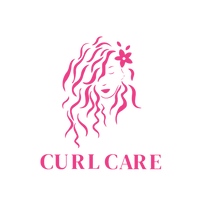

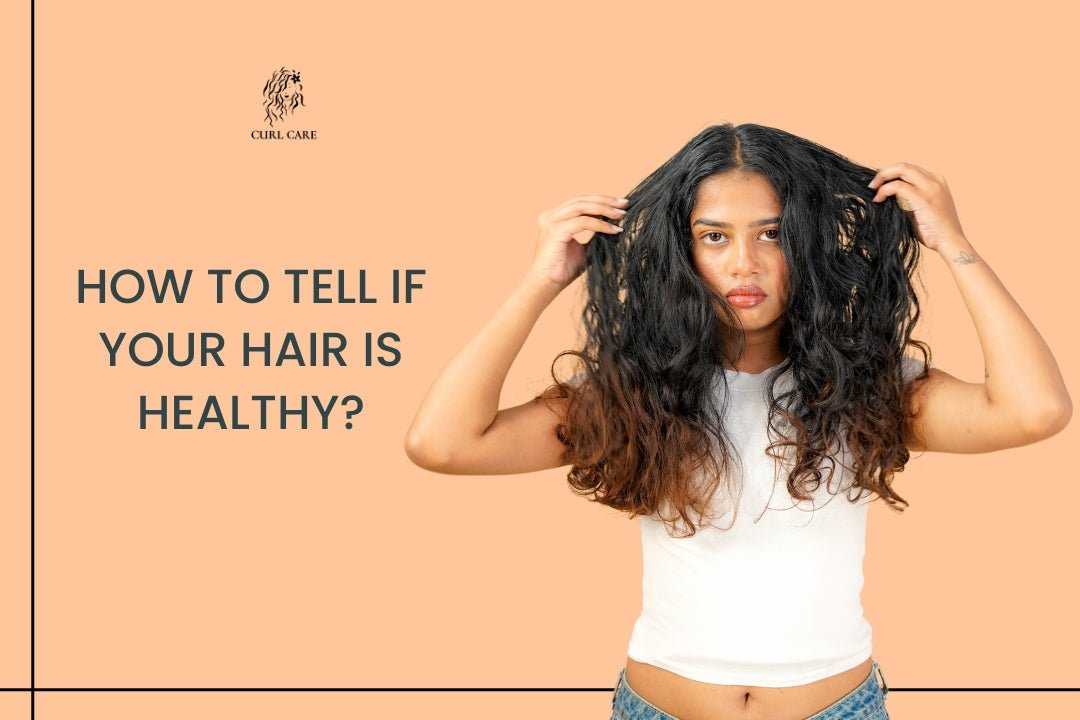
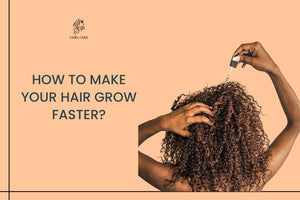
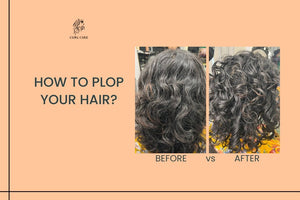
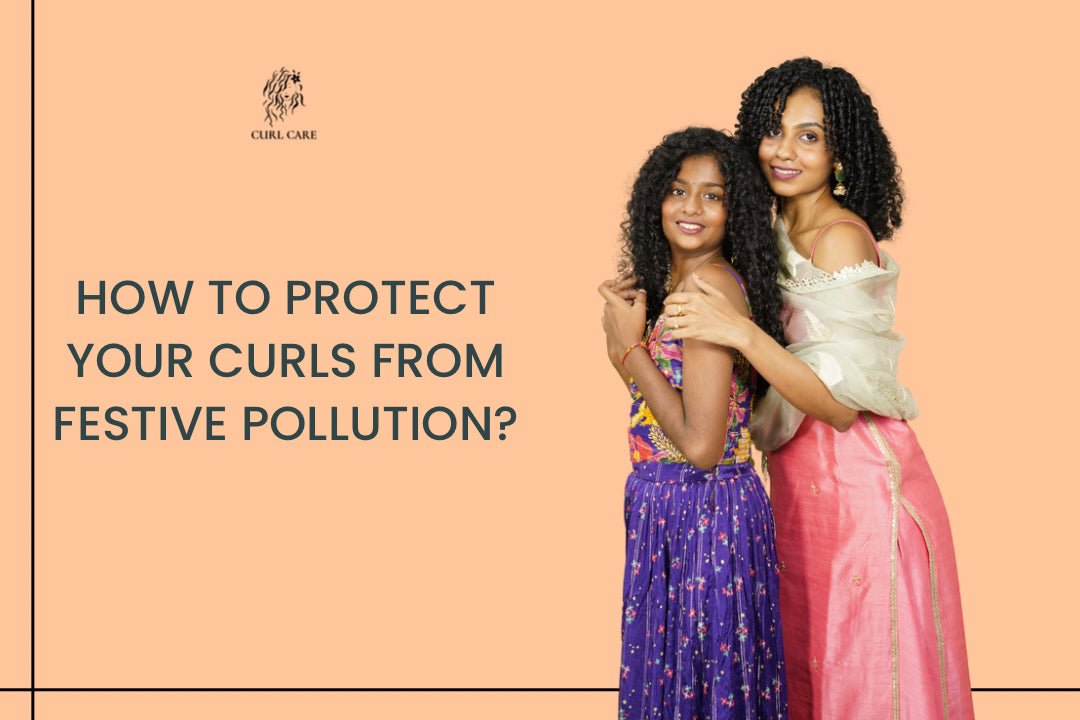
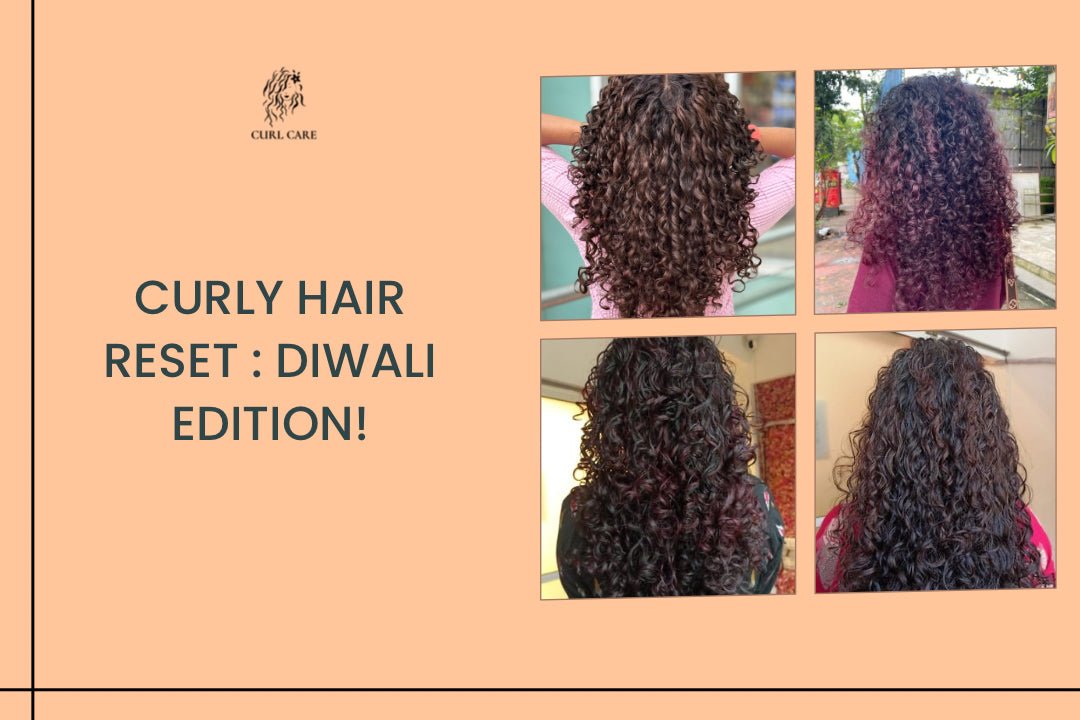
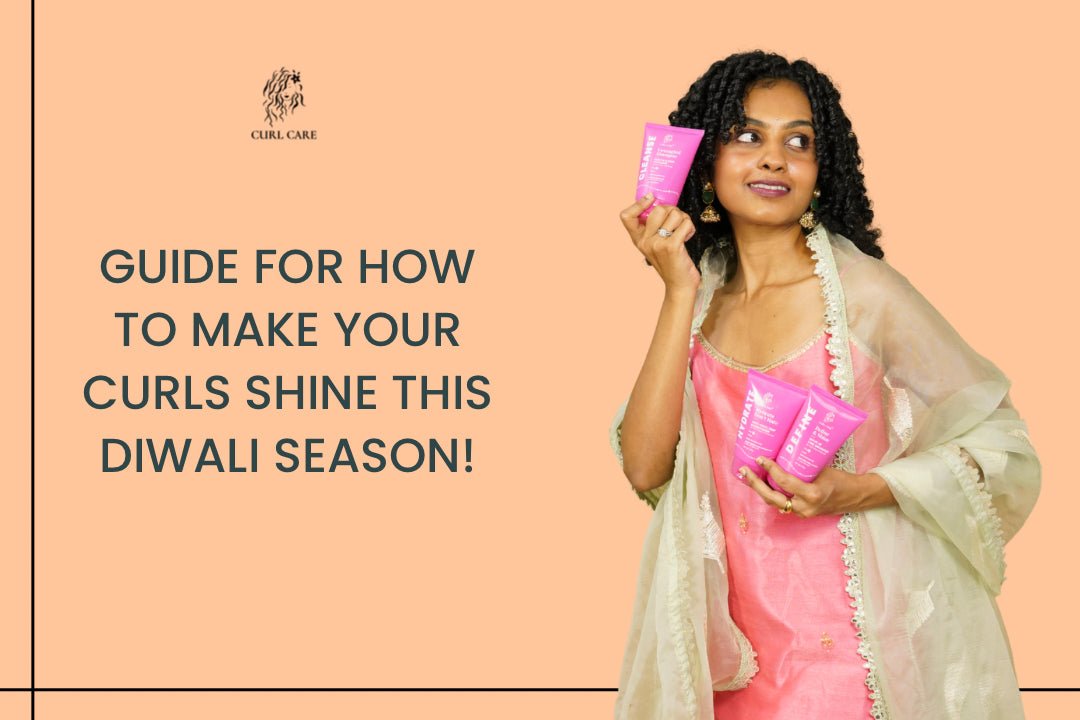

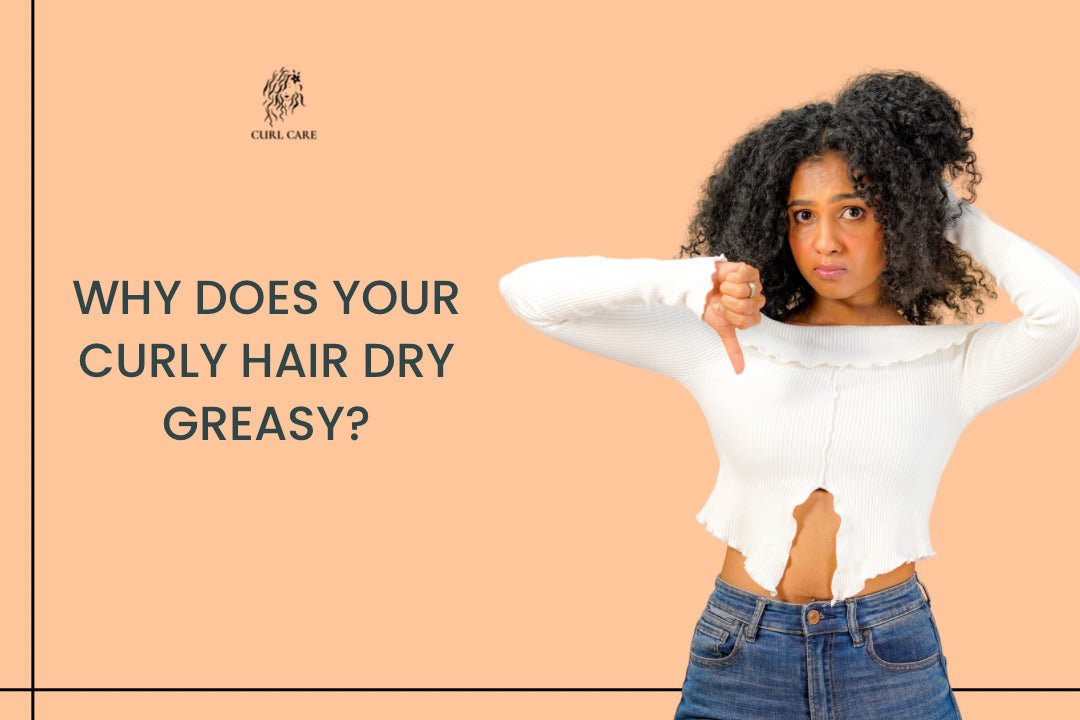
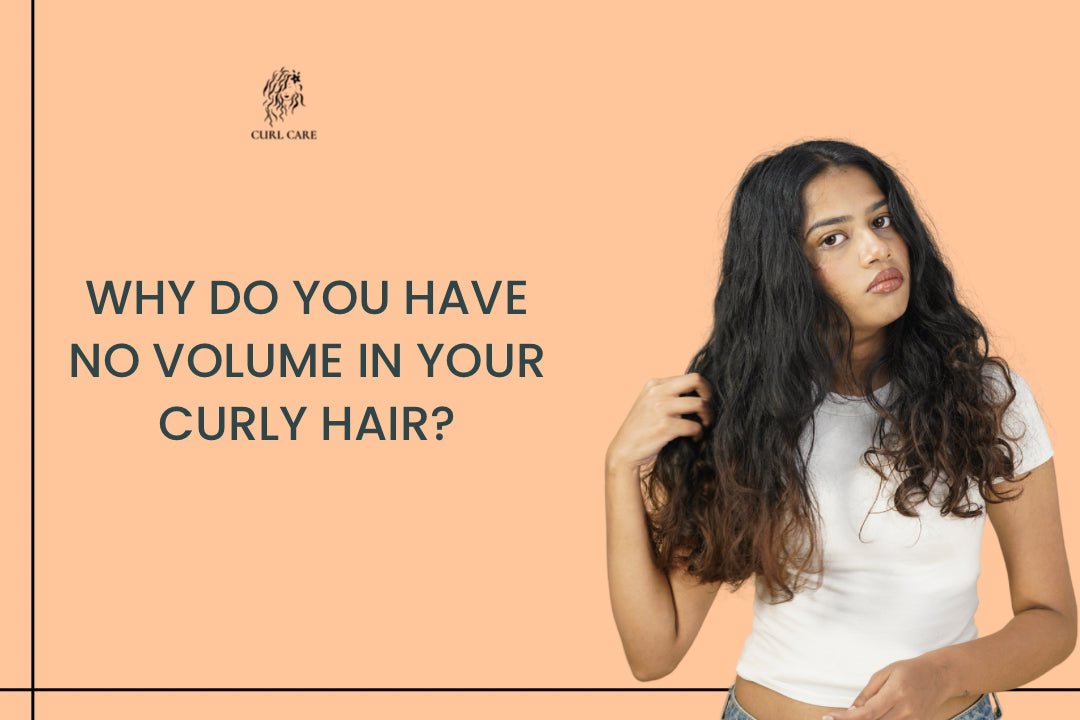
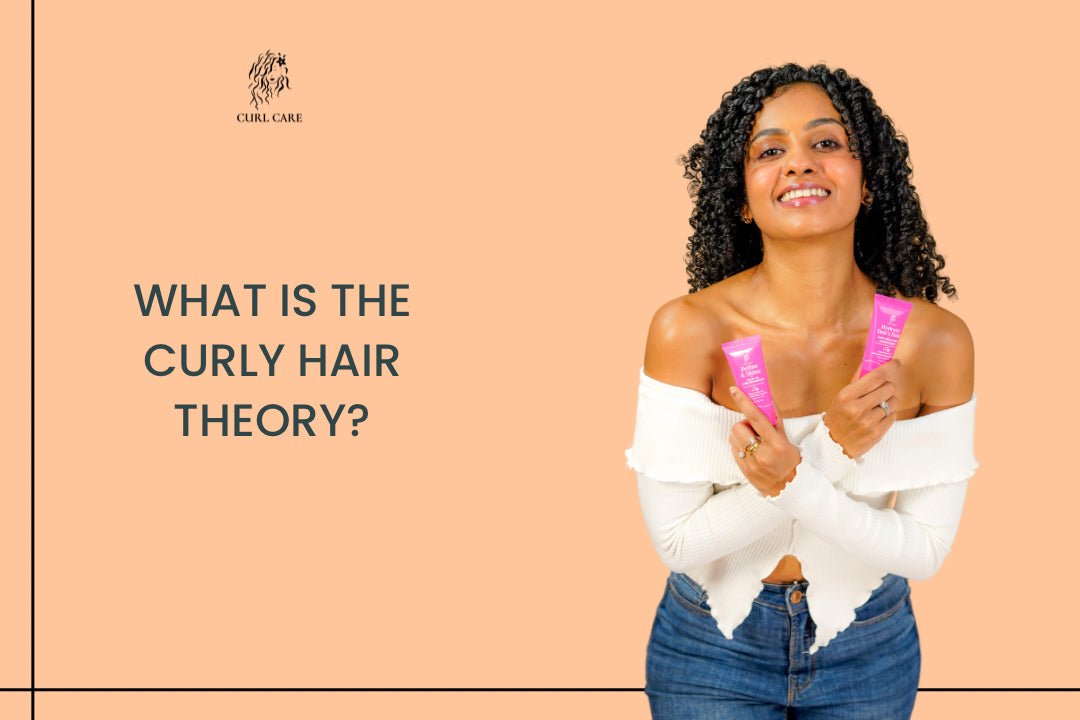
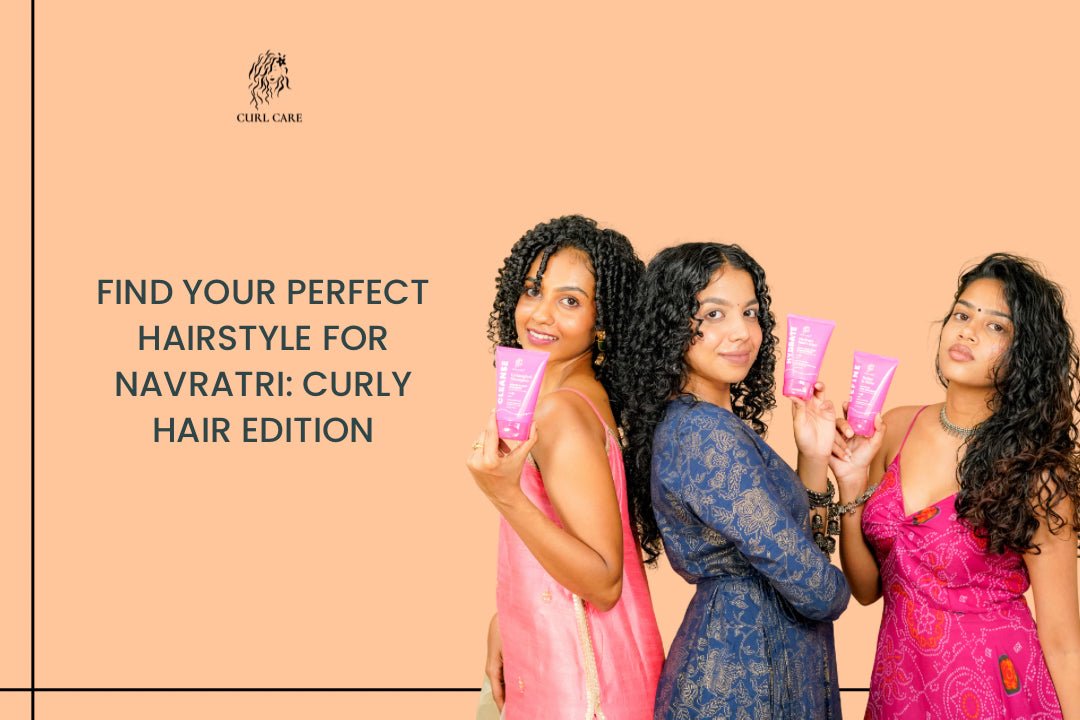
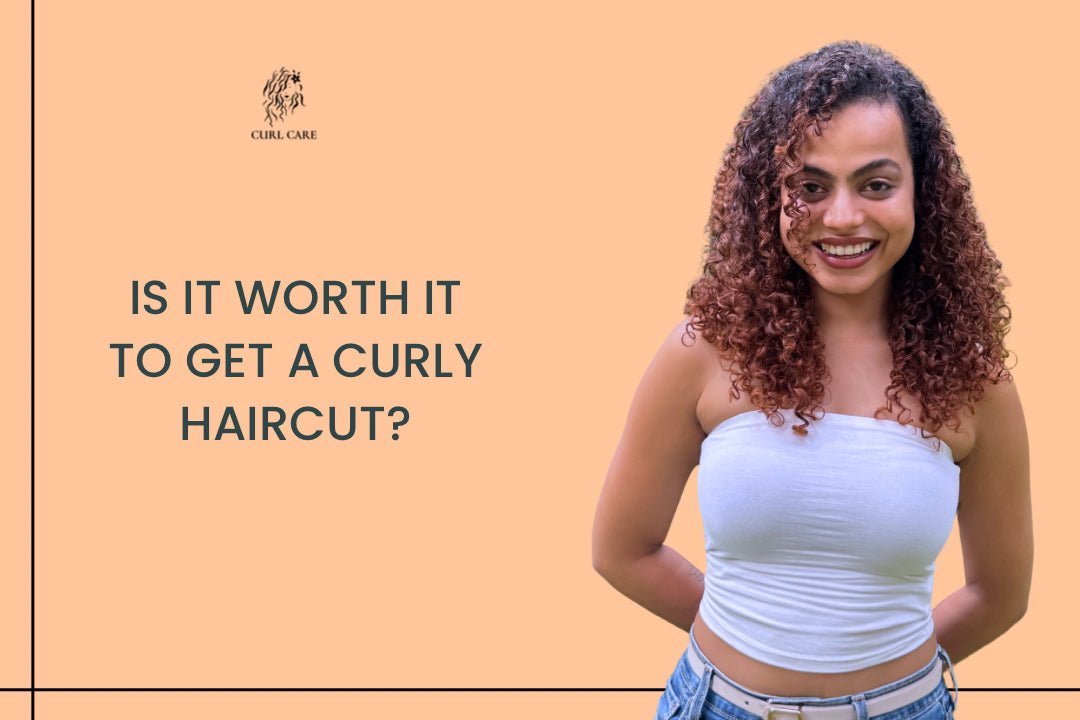
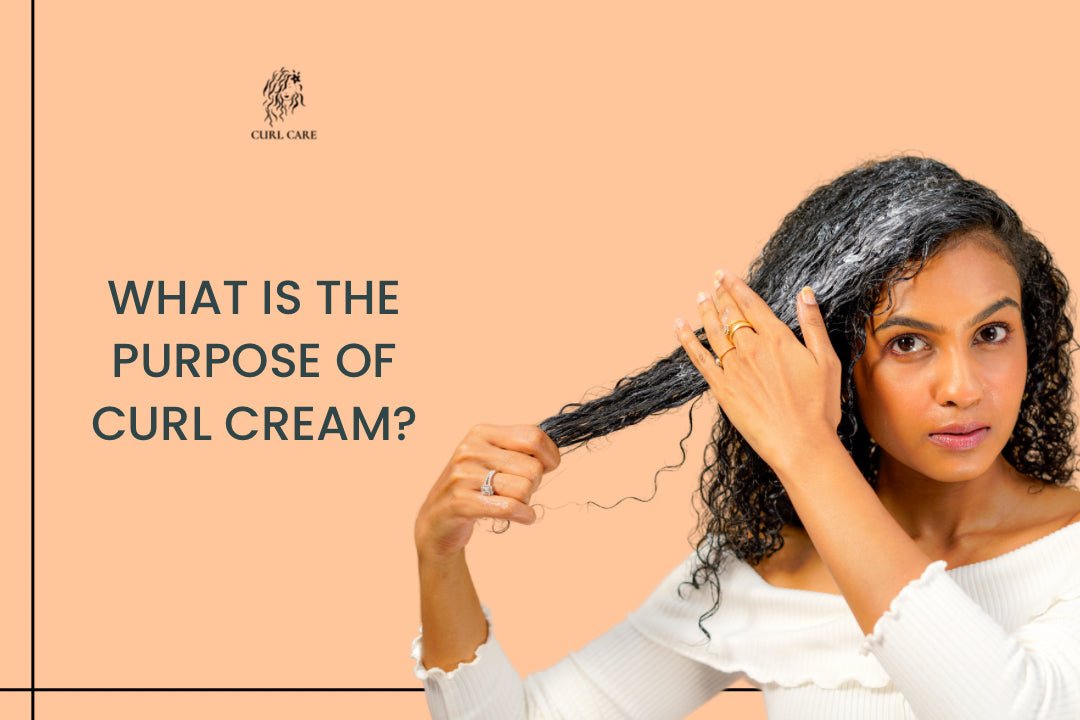
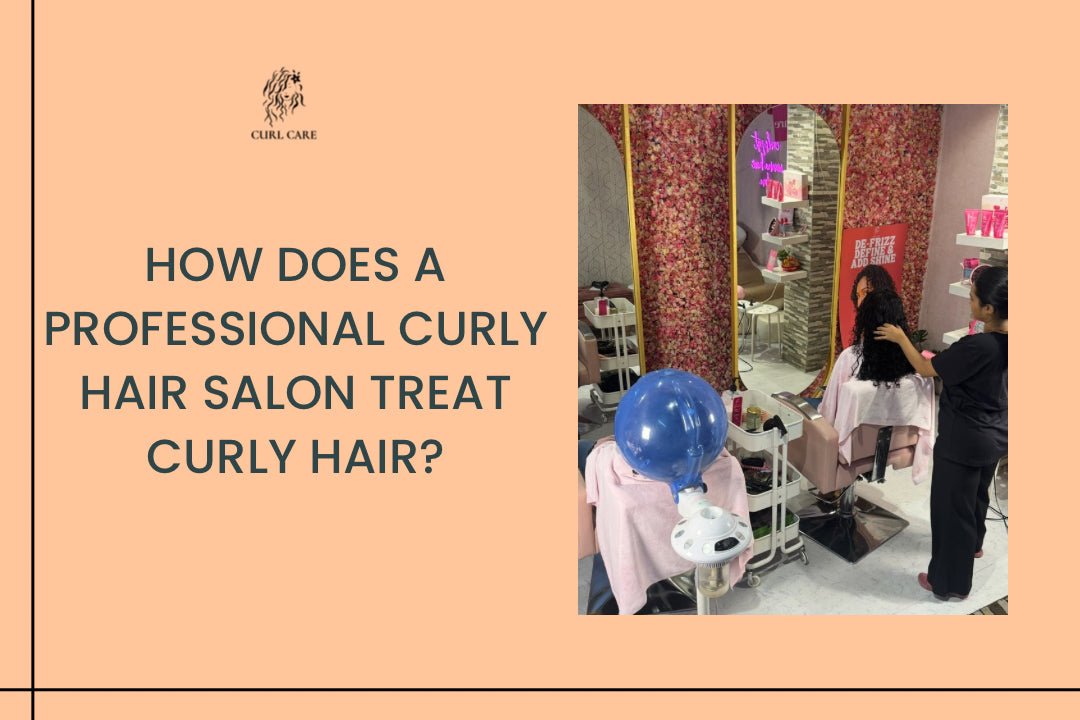
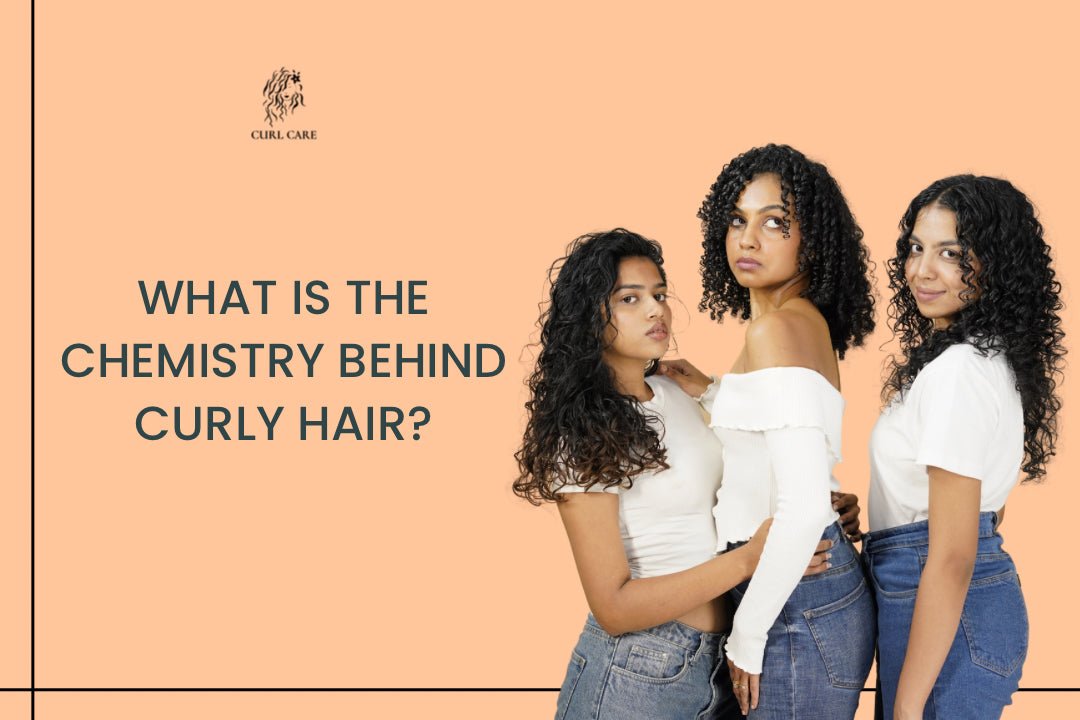
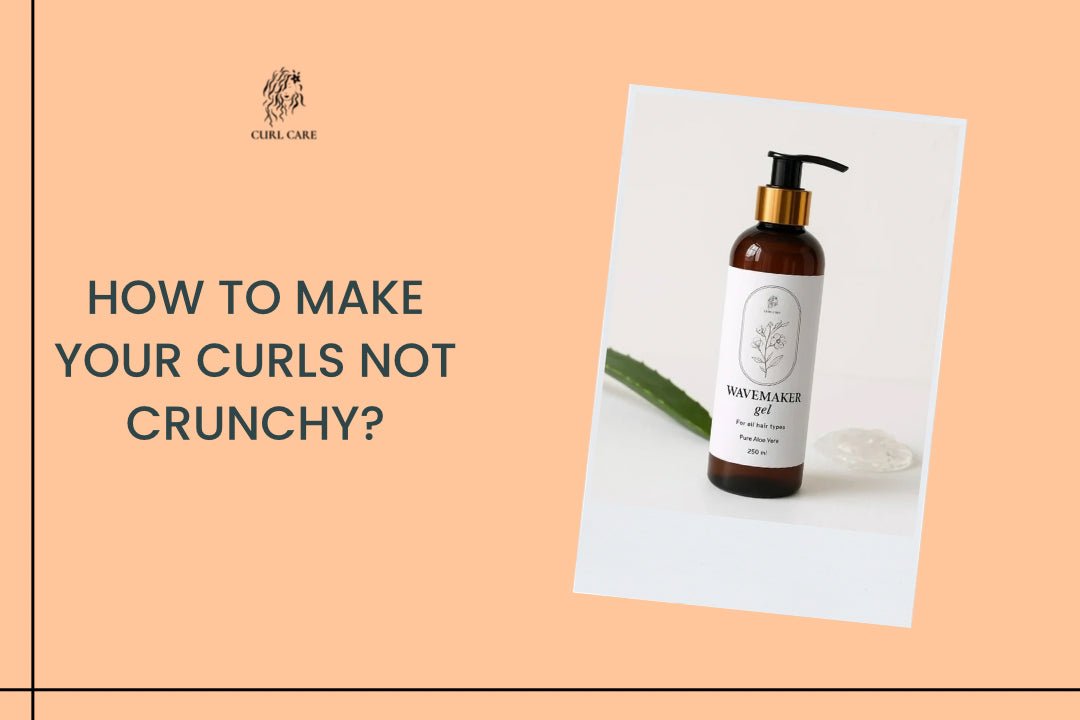
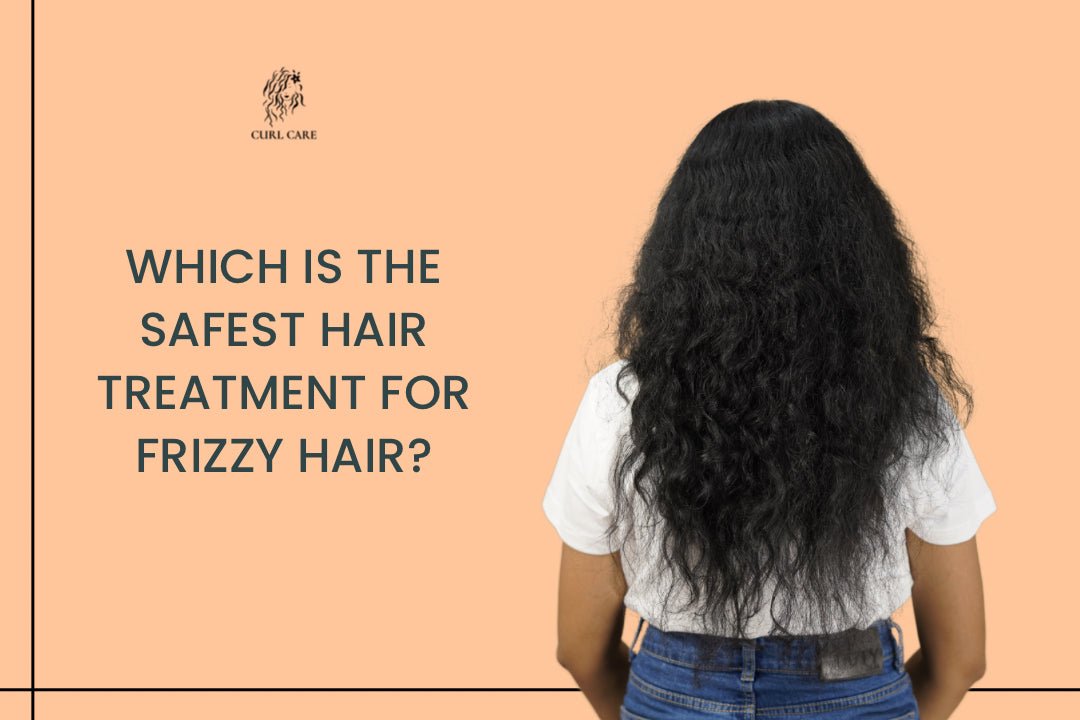
kameleon —
This is such a clear, helpful guide! I love how you explain that healthy hair means minimal breakage, smooth texture, and natural shine—and how those signs vary with hair type. The “feel and visual” approach makes it easy to assess. Thanks for a realistic, encouraging post!